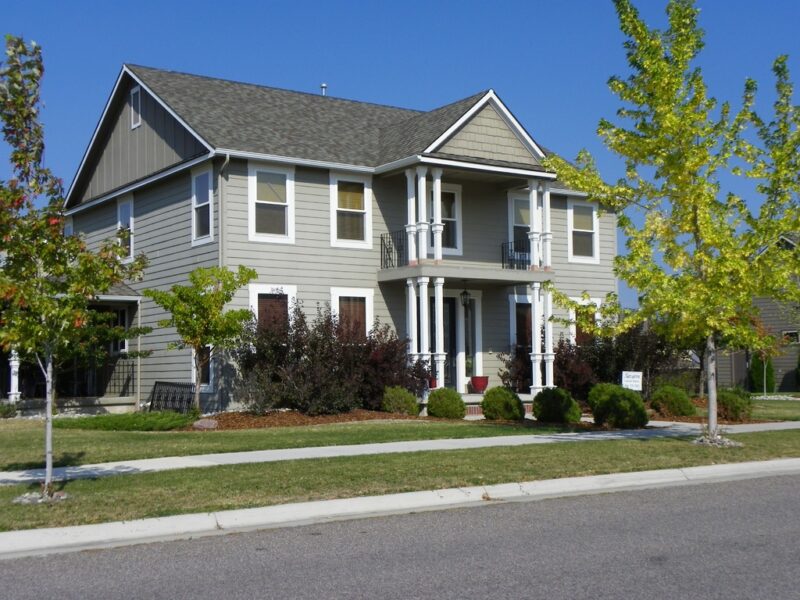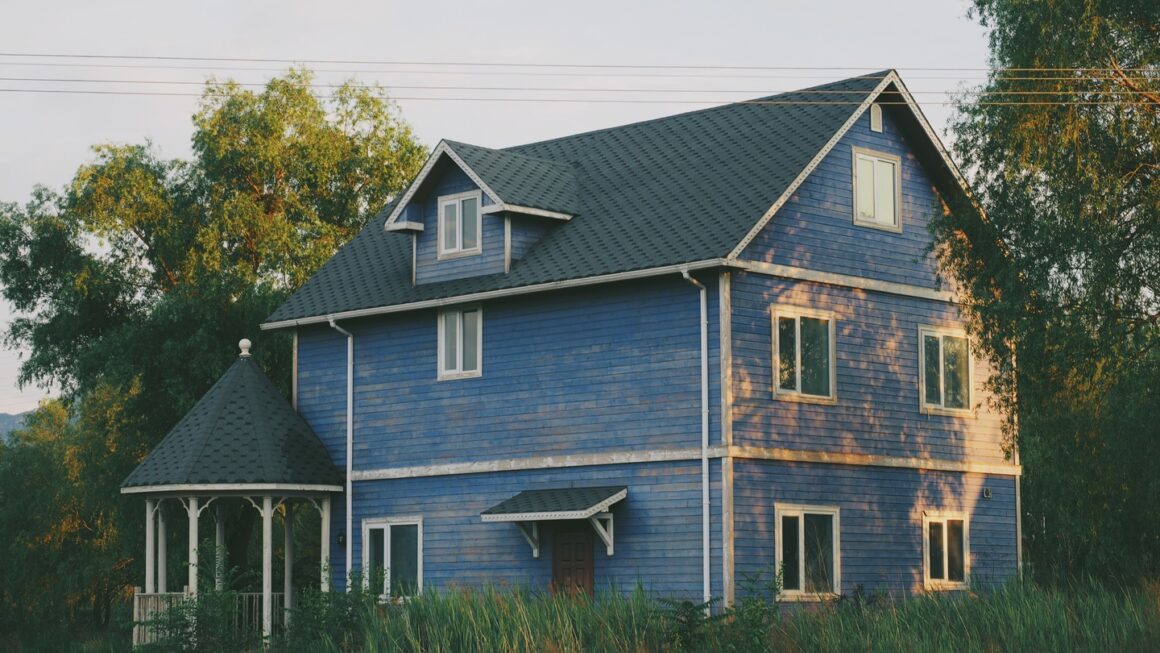When it comes to building a new home, many people are now considering the environmental impact of their choices. Custom homes offer a unique opportunity to design and construct a house that not only fits your needs and lifestyle but also minimizes your carbon footprint. In this blog post, we will explore how custom homes can reduce your environmental impact and help create a more sustainable future.

Energy Efficiency
One of the key ways that custom homes can reduce your environmental impact is through energy efficiency. By incorporating the latest technologies and design principles, custom homes can be built to maximize energy efficiency and minimize energy consumption. This includes features such as high-quality insulation, energy-efficient windows, and advanced HVAC systems. With these measures in place, custom homes can significantly reduce the amount of energy needed for heating, cooling, and lighting, resulting in lower energy bills and a smaller carbon footprint.
Sustainable Materials
Another way custom homes can contribute to a more sustainable future is through the use of sustainable materials. Traditional construction often relies on materials that are not eco-friendly, such as concrete and steel. However, custom homes offer the opportunity to choose alternative materials that are more sustainable, such as bamboo flooring, reclaimed wood, and recycled glass countertops. By opting for these materials, you can reduce the demand for non-renewable resources and minimize the environmental impact of your home.
Water Conservation
Water scarcity is a growing concern in many parts of the world, making water conservation a crucial aspect of sustainable living. Custom homes can be designed to incorporate water-saving features, such as low-flow toilets, rainwater harvesting systems, and drought-resistant landscaping. These measures not only help conserve water but also reduce the strain on local water sources and wastewater treatment facilities. By making these choices when building your custom home, you can make a significant difference in preserving this precious resource.
Renewable Energy
Custom homes provide the perfect opportunity to harness the power of renewable energy sources. By incorporating solar panels, wind turbines, or geothermal systems into the design of your home, you can generate your own clean and renewable energy. This not only reduces your reliance on fossil fuels but also helps to combat climate change by reducing greenhouse gas emissions. Additionally, many governments offer incentives and tax credits for homeowners who invest in renewable energy, making it a financially attractive option as well.
Indoor Air Quality
Indoor air quality is often overlooked but plays a significant role in our overall health and well-being. Traditional construction methods can result in poor indoor air quality due to the use of materials that release harmful chemicals and inadequate ventilation systems. Custom homes, on the other hand, can be designed with a focus on improving indoor air quality. This can include features such as non-toxic building materials, proper ventilation, and air purification systems. By prioritizing indoor air quality in your custom home, you can create a healthier living environment for you and your family.
Conclusion
Custom homes offer a unique opportunity to reduce your environmental impact and create a more sustainable future. By incorporating energy-efficient technologies, sustainable materials, water conservation measures, renewable energy systems, and prioritizing indoor air quality, you can build a home that not only meets your needs but also helps protect the planet. So, if you’re considering building a new home, think about going the custom route and making a positive impact on the environment.
Frequently Asked Question
Custom homes are uniquely designed residences that are tailored to the specific needs and preferences of the homeowner. They can reduce environmental impact by incorporating energy-efficient designs, sustainable materials, and renewable energy sources.
Energy efficiency in custom homes can be achieved through high-quality insulation, energy-efficient windows and doors, and advanced HVAC systems. These features help minimize energy consumption for heating, cooling, and lighting.
Sustainable materials for custom homes include bamboo flooring, reclaimed wood, and recycled glass countertops. These materials help reduce the demand for non-renewable resources and minimize the environmental impact of the home.
Custom homes can incorporate water-saving features such as low-flow toilets, rainwater harvesting systems, and drought-resistant landscaping. These measures help conserve water and reduce the strain on local water sources.
Yes, custom homes provide the opportunity to harness renewable energy through solar panels, wind turbines, or geothermal systems. This reduces reliance on fossil fuels and helps combat climate change.









